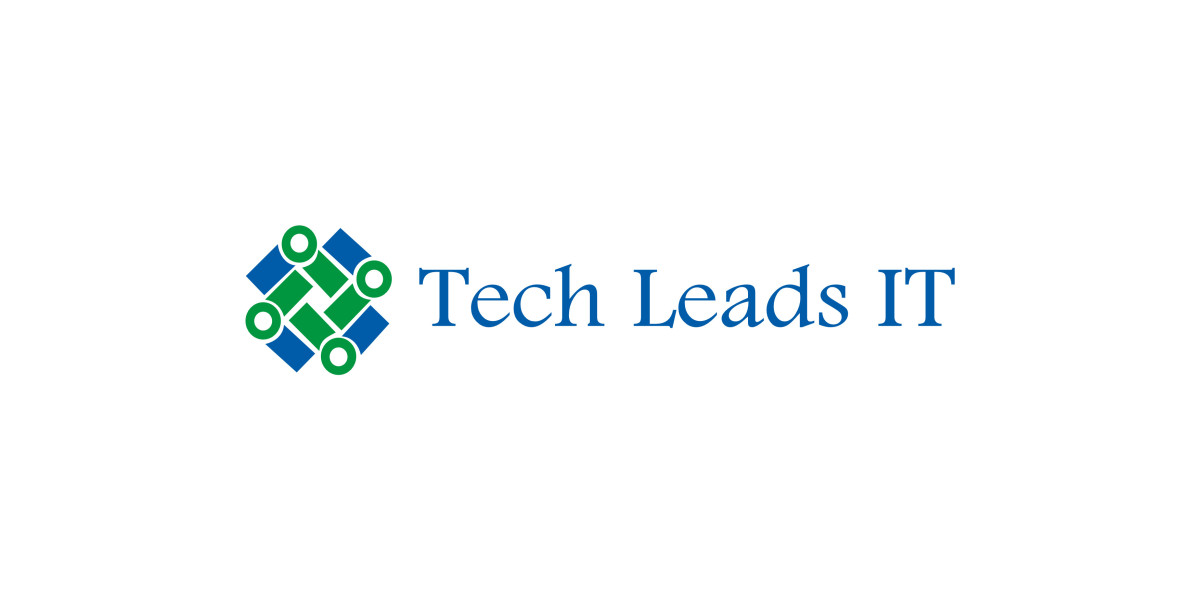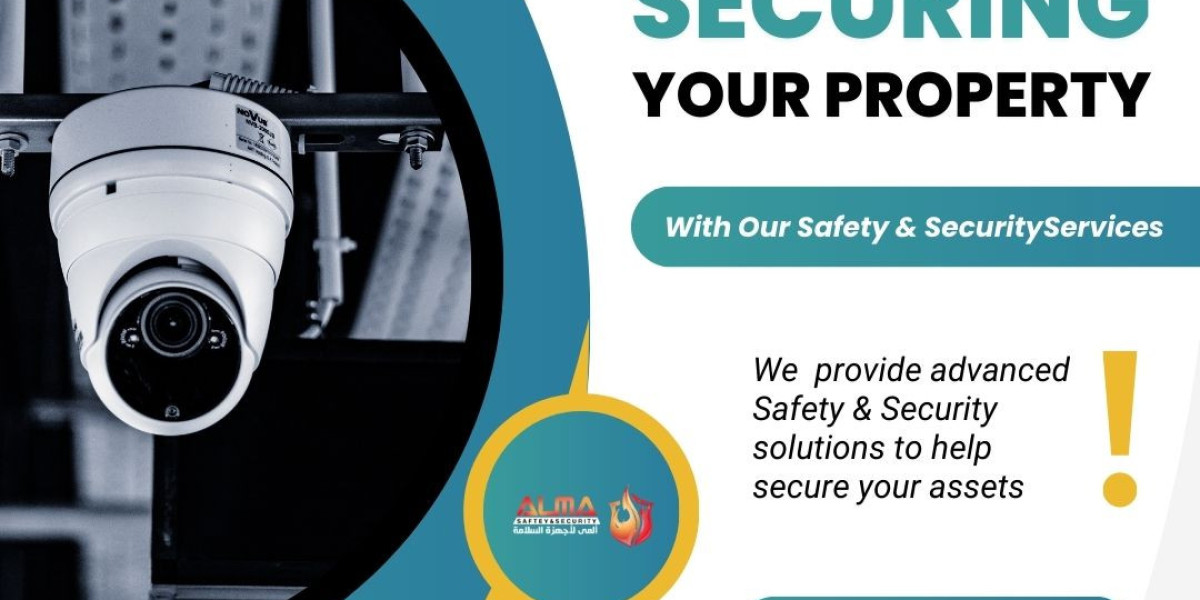In any organization, the Finance department plays a crucial role. Oracle Fusion Accounts Payable and Oracle Fusion Accounts Receivable are two important modules. In simple words, Accounts payable are considered to be a liability, and Accounts Receivable is Assets. If the organization does not capture all transactions involved in AP (Accounts Payable) and AR (Accounts Receivable) in a proper format, we will not be able to achieve monthly and yearly tangible Goals. In small or medium companies, AP and AR activities are taken care of by the same team. When it comes to big companies, AP and AR teams work independently. In this article, I will be talking about the Accounts Payable section, what are the roles and responsibilities, how organizations perform Accounts Payable activities, etc. Most of the companies, the Accounts payable team is called an “AP Team”.
Organization cannot perform their activities without purchasing services or goods from different sources. When it comes to the Manufacturing business, they must have to procure raw materials from different units and create finished goods. Accounts Payable is part of the “Procure to Pay” life cycle and it is the final step of the process.
In general, business units have to pay for the below categories.
- Vendors where they need to buy Raw material
- Employees such as Human Resources, Operations, IT, Finance Department, Admin Team, etc
- Office space and inventory units rent
Employees’ salaries and office rents are fixed and will be paid monthly, which is not a complex process. When it comes to employee travel expenses, employees need to submit the bills to the AP department. Based on the business rule, the AP team will be paid to the employees. Sometimes, the AP team will release advance payments for Cab, food, hotel tickets, etc. Large-scale companies maintain mobile applications where employees load all their onsite expenses and get the payment instantly.
Vendor payments happen whenever the production unit planning to buy or received inventory items from different vendors. Some vendors accept monthly payments and others would accept whenever the goods are delivered to the inventory unit. Hence, the Oracle Fusion Accounts Payable Team and Oracle Fusion Inventory Team should work closely to overcome any payment-related issues. Before the Oracle Fusion AP team releases the payment to the vendors, they will receive the Invoice. Typically, invoices will have vendor name, Item name, Quantity, Price, Item received to date, Location name, Shipping charges, Discounts, etc. Once the AP team receives the invoice, they will contact with inventory team to check whether all the invoiced items have been received or not. If any item is missed to receive, the AP team will not release the payment to the vendors.
Many organization follows the agreement with the vendor on the difference between invoiced and actual items received. Let’s say the agreement has a condition that invoiced items and actually received items should not exceed 10%. This is called the matching option. Let’s take an example where the inventory unit has received 100 units and the invoice has 80 units. In this scenario, the difference between invoiced units and received units is more than 10%. Hence, the AP team will not release the payment to the vendor. Many companies follow a 3-way match. They will match the item's quantity in three different areas as Purchase order, Received Quantity, and Invoiced Quantity. If all these areas have the same units, the AP team will make the payment to the vendor. Otherwise, they would contact the vendor and inventory team to know the discrepancy.
Another important term in an Agreement is called “Payment Term”. This will let the AP team knows when will the payment needs to be released to the vendor. Based on the Payment term, the vendor will provide additional discounts. Let’s say, the payment term is stating “100% Payment – one month – 5% discount” and “100% Payment – two months – 2% discount”. It means that if we release the payment within a month from the invoice generated, we will get a 5% discount.
Mode of Payment – This term lets us know how we need to release the payment. Is it through Cash, Check, or DD? Based on the agreement terms and conditions, the AP team will release the payment to the Vendor.
The final step for the AP team is to enter the payments to the vendor in Ledger. This is the most important step. Often, it requires approval from the senior management team before the AP team enters the data in Ledger.
To maintain all these transactions in a system, we must have an application. Oracle has provided an application called “Oracle Fusion Financials”. It has many modules such as Fusion Accounts Payable (AP), Fusion Accounts Receivable (AR), Oracle Fusion General Ledger, Oracle Fusion Cash Management, Oracle Fixed Assets, Tax, etc. AP, AR, GL, CM, and FA are called financial core modules. Fusion is an application name and it is available in the Cloud. To access this Oracle Fusion application Instance, we do not need to install it on company-owned servers. With the help of the internet, we can easily access it anywhere on Mobile, Desktop, Laptop, or Tablet. Because of this excellent feature, many companies would like to use these Fusion Applications and fulfill their financial objectives. Each quarter oracle added new features or functionalities based on the business requirements and updated the fusion application which was covered during Oracle Fusion Financials Training.
Currently, we are using 23A (Q1 – A, Q2 – B, Q3 –C, Q4-D). Updating the new features activities will be taken care of by Oracle. Hence, business owners do not need to spend an additional amount or human effort. This is one of the great advantages for business owners.
Frequently Asked Questions (FAQ):-
During Oracle Fusion Financials Application training we cover the new features from the Oracle Fusion Payables module thus helping in clears the Oracle Fusion payables certification.
Oracle fusion payable module interview questions are provided in a separate file and explained during the classes.
Oracle fusion accounts payable training course each and every topic covered in the Fusion Financials Training. Oracle fusion accounts payable real-time implementation topics and scenarios are well explained with examples.
We are one of the top best training institutes to teach Oraclefusion financials training from Hyderabad online training, classroom training, and corporate training on Oracle fusion financials from the top trainers.
- How can I contact Tech Leads IT institute?
- By using the below resources, we can easily contact the institute management team
Website - https://www.techleadsit.com/
Email – [email protected]
Phone number - +91 8125 32 32 32 (Whatsapp)
Physical Location - 44/A, #302, Floor no: 3, Geetanjali Apartments, Opp Bahar Cafe, Near SR Nagar Police Station SR Nagar, Hyderabad, Telangana, India.
- What is the course Name?
- Oracle Cloud Financials Online Training
- Who is eligible to takeFusion Financials Online Training course?
- Any individual who has completed Graduation or Post Graduation in Finance background such as B.Com, M.Com, MBA (Finance)
- Why should I choose Tech Leads IT for this course?
- Below are the advantages you receive from this training
- Experienced trainers who have 15+ years of experience including implementation, support, testing
- Trainers have already completed 50+ batches
- Daily recordings available in Tech Leads IT owned learning portal
- Whatsapp group where you can clarify all your practice queries
- Resume Preparation, mockup interviews, training materials
- Placement Support
- How many days this training is scheduled?
- 90 Days (Daily one hour)
- What if I missed attending the live class?
- Daily live session recordings will be placed in the learning portal which can be accessed on any device such as Laptop, Desktop, Mobile, and Tablet



